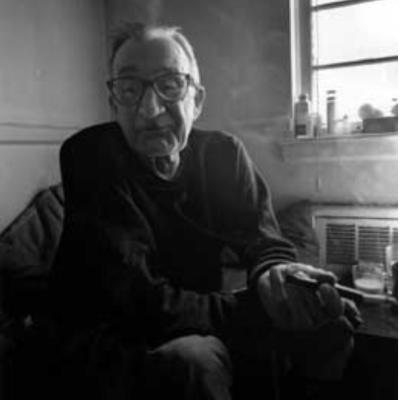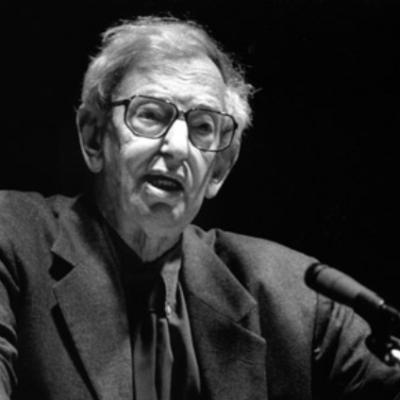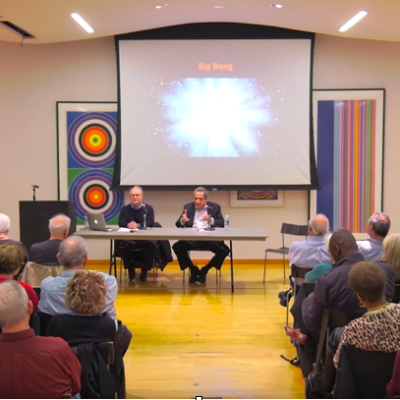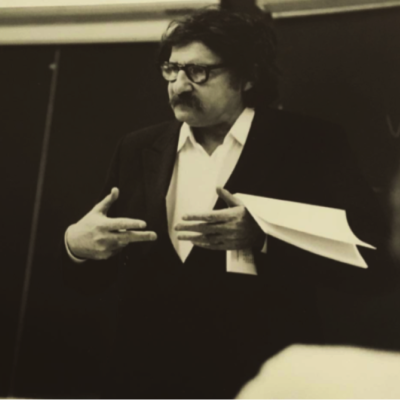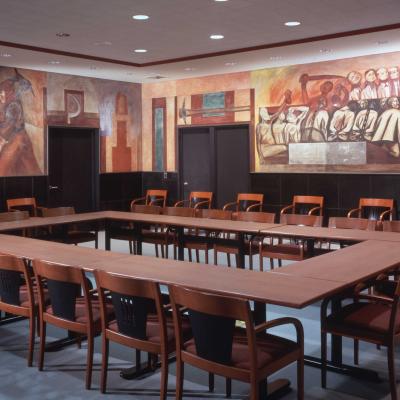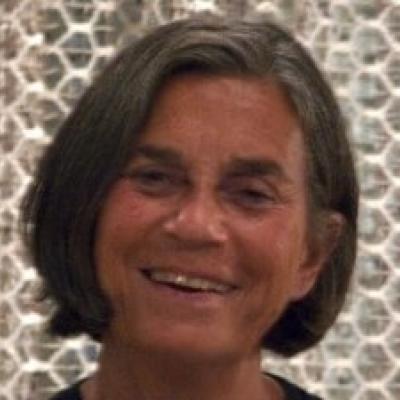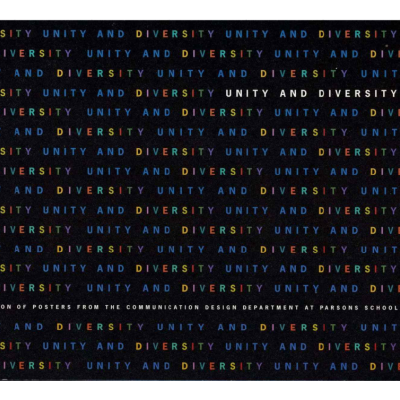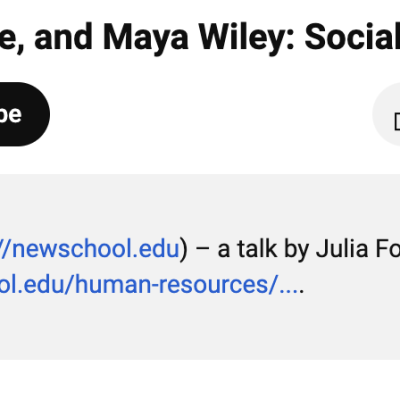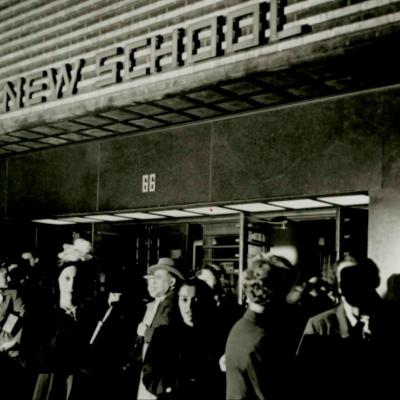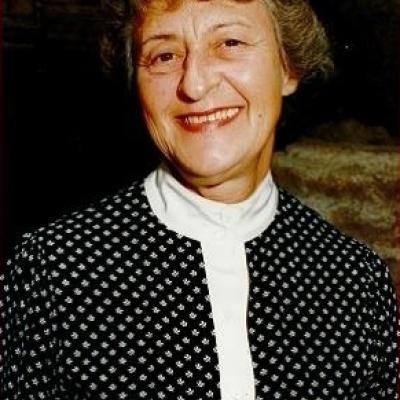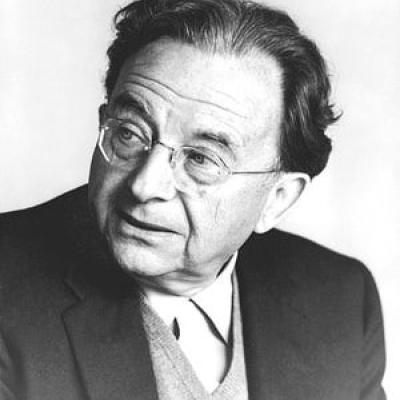Category: Activism
Benedict Fernandez
Benedict Fernandez taught in the New School’s photography department in the 1960s. You can read more about him here.
Photography on the Social Scene
Benedict J Fernandez's "In Opposition: Images of American Dissent in the Sixties" is a kind of pictorial primer of protest, both for and against whatever the cause-Vietnam, fair housing, white or black power , student sit ins.
Eric Hobsbawm, Marxism and Social History
Eric Hobsbawm’s death last year robbed us of the last of that generation of Marxist scholars who did so much to transform the writing of history in the 1950s and 1960s—and in Hobsbawm’s case into the first decade of this century. There have been many tributes.
Eric Hobsbawm
Eric Hobsbawm was a British Marxist Historian who taught at the New School of Social Research.
If you’d like to write a more in-depth profile of Eric Hobsbawm, email us at archivist@newschool.edu. We welcome contributions.
1930s Multiculturalism: Rachel Davis DuBois and the Bureau for Intercultural Education
The Bureau for Intercultural Education was the brainchild of a young school teacher, Rachel Davis DuBois.
In Search of Popular Culture: The 60s Legacy
Sondra Farganis, chairwoman of the social sciences at the New School for Social Research in New York City, supports the importance of popular culture as a course of study. She also believes it belongs in the sociology or history departments.
The Present Human Condition
Man's character has been molded by the demands of the world he has built with his own hands. In the eighteenth and nineteenth centuries, the social character of the middle class showed strong exploitative and hoarding traits.
The IRP’s Collaboration with the New School
The diverse and experienced members of the IRP have backgrounds in the sciences, arts, business, academia, law and more. They support objectives of the New School through a variety of volunteer endeavors.
A Revolutionary Discipline
We are engaged in a revolutionary discipline, as I have claimed, because of our ancestry. Modern anthropology is a child of the European Enlightenment, the axial age of the modern consciousness.
Stanley Diamond
Stanley Diamond was an anthropologist and poet who founded The New School’s graduate anthropology program in 1970.
A New Vision
The old building at 65 5th Avenue was awkward, badly lit, uninspiring, and ultimately, unsustainable. Of course the old building was never intended to serve as a functional academic facility.
Sondra Farganis
“Breaking the rules, taking risks comes at a price,” says Sondra Farganis, Director Emeritus of both the Vera List Center for Art and Politics (VLC) and the Wolfson Center for National Affairs at the New School (WC).
The Legacy of Diversity at The New School
From its opening in 1919, The New School has prided itself on being a progressive institution, focused on creating an innovative space for learning and practice. The founders envisioned a college that allowed students and professors to engage intellectually and freely.
Social Justice at The New School, Then and Now
Social Justice at The New School—a talk by Julia Foulkes, Mark Larrimore, and Maya Wiley at the 4th Annual Staff Development Day. Mark Larrimore and Julia Foulkes’ presentation emerges from their ongoing research into the history of The New School.
What Does it Mean to Be a Progressive University?
For Staff Development Day, Julia Foulkes and Mark Larrimore delivered the keynote address, providing a historical look at the university. Staff, faculty, and friends of the university often tag it as “progressive.” But what exactly does that mean? And what has it meant in the past?
Janet Abu-Lughod
Janet L. Abu-Lughod (1928-2013), professor emerita at The New School for Social Research and of Sociology at Northwestern University, held graduate degrees from the University of Chicago and the University of Massachusetts Amherst.
Erich Fromm
Erich Fromm was a German-American social psychologist and psychoanalyst, who was associated with the Frankfurt School of critical theory. His work challenged the theories of Sigmund Freud, [1] and brought psychoanalysis to bear on sociological and political questions.
The Islamic City—Historic Myth, Islamic Essence, and Contemporary Relevance
At the present time of resurgence in Islamic beliefs, the question of the Islamic city has once again come to the fore.
